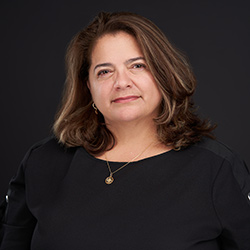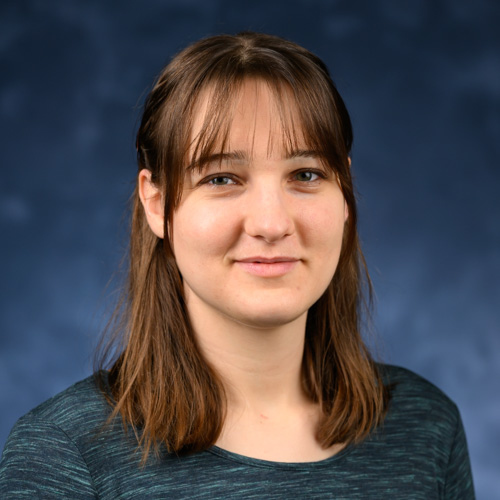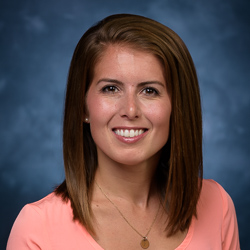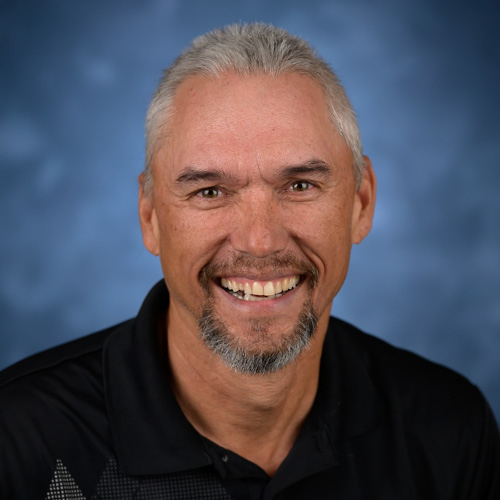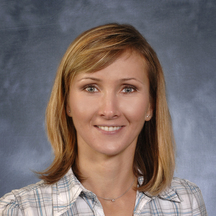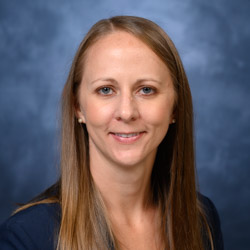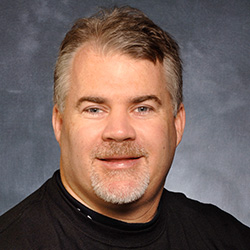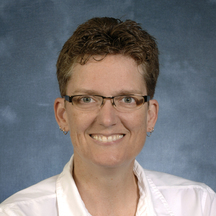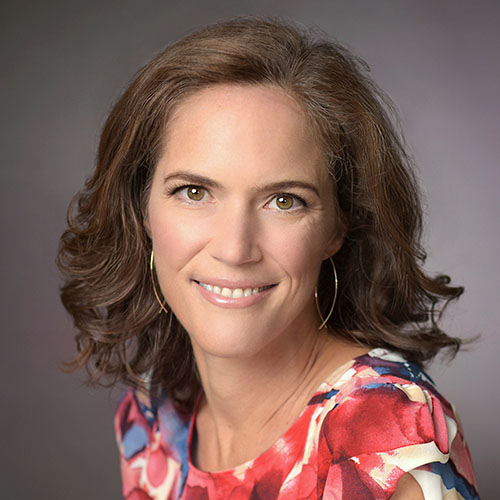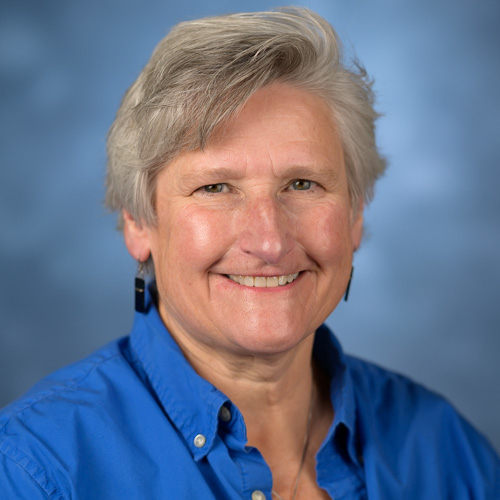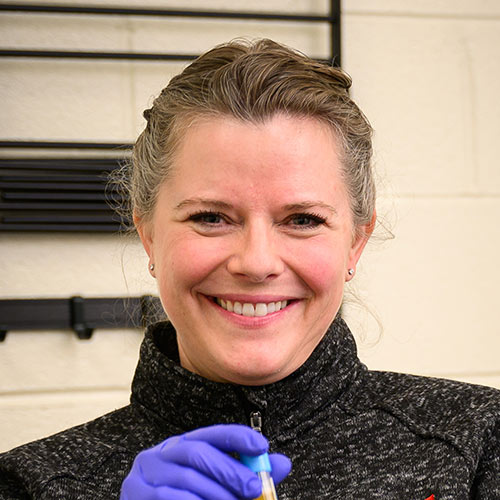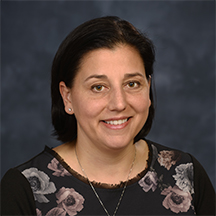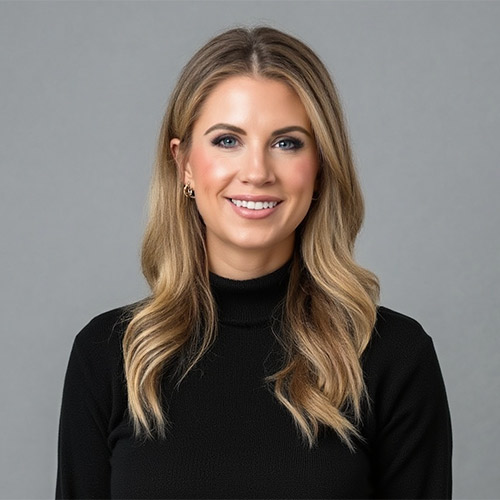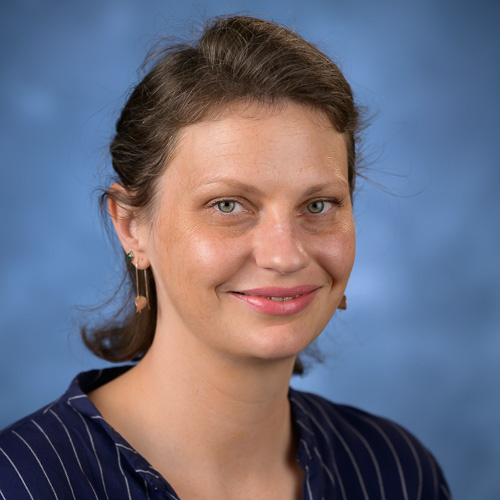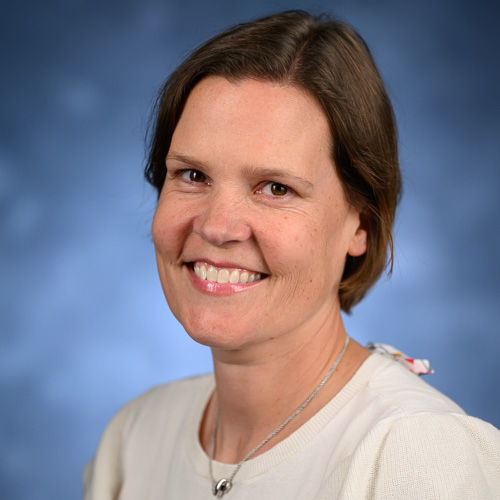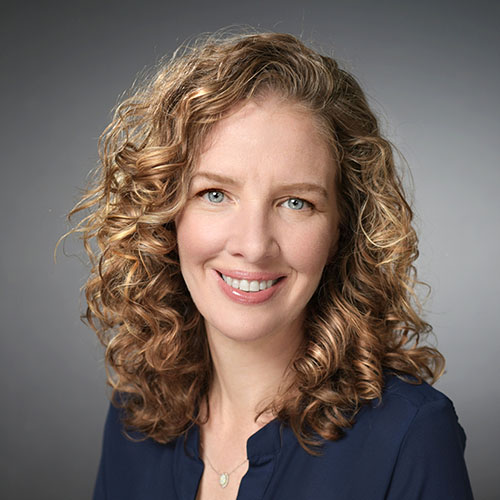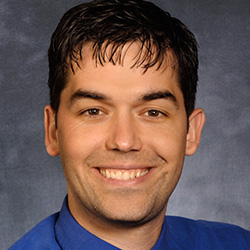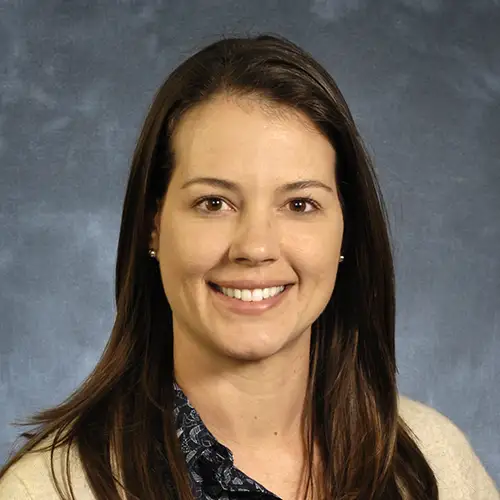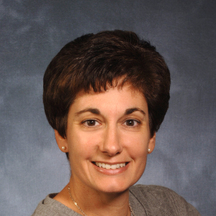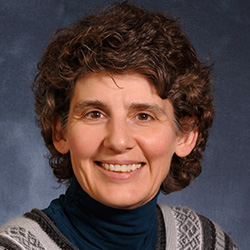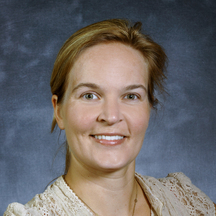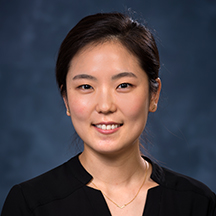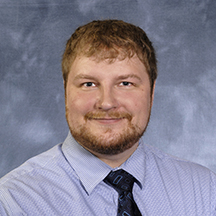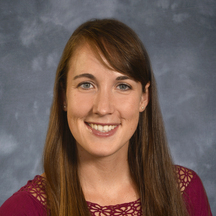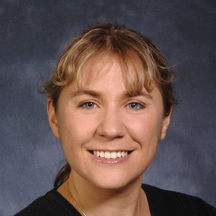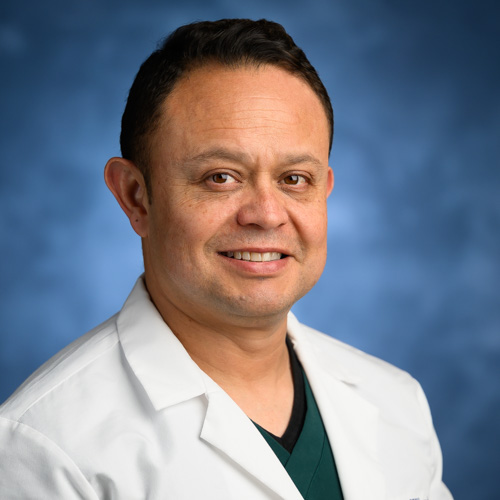Focus Area – Small Animal Practice
Focus Area – Small Animal Practice
Small animal practice combines many elements of veterinary medicine, including medicine, surgery, dermatology, neurology, oncology, ophthalmology, dentistry, clinical and anatomic pathology, diagnostic imaging, anesthesia, nutrition, behavior, and practice management. Small animal general practitioners and specialists are employed in private practice, academia, and industry and are responsible for diagnosing and treating a wide variety of diseases. Small animal veterinarians can enter into general practice directly following graduation or they may elect to pursue advanced training through an internship (typically one year), residency (typically three years), or graduate school (typically 3-5 years) either immediately after graduation or following practice or other experience. Advanced training positions can be very competitive and, therefore, good planning and preparation are important during the veterinary school years.
Small animal practice is a sufficiently broad career path that should enable veterinary students to avoid too much specialization very early in their careers. Important skills for all small animal practitioners include obtaining a complete medical history, performing a physical examination, identifying, prioritizing, and addressing problems, knowing where to find pertinent scientific information, and communicating effectively and compassionately with clients.
Focus Area Leader
Focus Area Advisors
Assistant Clinical Professor of Small Animal Primary Care
919-515-1976 mdrosses@ncsu.eduSteps to pursue a focus in small animal practice
- Identify a SAP focus area advisor by the focus area deadline date (the Friday following spring break of 2nd year). This may be the same advisor you worked with in the first two years or a new advisor who will take their place. Ideally, the advisor will come from the advisor list above; however, other advisors can be used if they are comfortable advising you based on your area of interest.
- Choose CVM selectives and other activities (see below)
- Make contacts/arrangements for externships (summers, 4th year). The sign up / drop deadline is one month before the experience, unless the course coordinator decides to grant an exception for special circumstances.
- Plan 4th year CVM rotations with SAP focus area mentor
- Obtain signature of SAP focus area organizer following identification of advisor and for Extramural Studies Program (externship) requests
Year 1-3 Requirements
- No required selectives or electives
- Recommended Selectives
- Active Learning in the VH (Anesthesia, Cardiology, Dermatology, SA Triage/Critical Care, Neurology, Oncology, Ophthalmology, SA Orthopedic Surgery, SA Soft Tissue Surgery, Small Animal Medicine or Ultrasound)
- Applied Surgical Anatomy
- Small Animal Practice Experience (extramural)
- Psychomotor Skills
- Feline Oncology
- Small Animal Theriogenology
- Critical Concepts in Emergency Med
- Small Animal Mobile Clinic
- Recommended 3rd Year Core Electives
- VMC 901 Advanced Small Animal Medicine
- VMC 902 Small Animal Rounds
- VMB 909 Case Based Radiographic Interpretation
- VMC 905 Advanced Topics in Small Animal Dermatology
- VMC 908 Advanced Small Animal Surgery
- VMC 909 Feline Medicine
Year 4 Requirements
To see course descriptions, visit the Clinical Year Course Catalog page.
REQUIRED Rotations
- VMB 976: Radiology
- VMB 977: Anesthesia
- VMP 977: Necropsy
- VMP 978: Clinical Pathology & Lab Med (*if not taken as 3rd-year Selective)
- VMC 971: Medicine/Small Animal [2 consecutive blocks]
- VMC 939: Small Animal Primary Care
- VMC 973G: Small Animal Surgery
- VMC 973O: Small Animal Orthopedics OR VMC 994O: Extramural Studies – Small Animal Orthopedics
- VMC 994: Extramural Experiences – Small Animal
CHOOSE ONE Emergency Rotation
- VMC 960: Small Animal Emergency
- VMC 976: Veterinary Critical Care
CHOOSE FIVE Small Animal Specialty Rotations
- VMC 972: Cardiology
- VMC 983: Dermatology
- VMC 980: Medical Oncology OR VMC 948: Radiation Oncology
- VMC 984: Neurology
- VMC 982A: Ophthalmology
- VMB 976A: Ultrasound
Other Experiences
EMPLOYMENT OPPORTUNITIES/EXTERNSHIPS/FUNDING
- Extramural Studies Program (Externships) TBA. Outside externships and extramural experiences allow for exploration of possible internships or a private practice experience.
- Research Opportunities: NC State, UNC-CH, Duke University, NIEHS, EPA, CIIT, Glaxo-SmithKline, Wake Forest University
- CVM Summer Research Interns (Dr. Jody Gookin & Dr. Sam Jones)
CONFERENCES
- Students may benefit from attending a conference. Annual meetings to consider include those sponsored by the following. Check websites of these organizations listed below, which have the latest information on upcoming meetings.
- American Animal Hospital Association (5-day meeting in March); http://www.aahanet.org/
- American College of Veterinary Internal Medicine (4-day meeting in May or June); http://www.avma.org/
- American College of Veterinary Surgeons (3-day meeting in September or October); http://www.acvs.org/
- American Veterinary Medical Association (5-day meeting in July); http://www.acvim.org/
- North American Veterinary Conference (annual meeting in mid January) http://navc.com/conference/
- Veterinary Emergency and Critical Care Society (annual meeting in early-mid September) https://veccs.org/
- NC Veterinary Conference (annual meeting in early November) https://ncveterinaryconference.com/
- Western Veterinary Conference (annual meeting in February); http://www.wvc.org/
ROUNDS/SEMINARS/JOURNAL CLUBS
- Clinical Conference: Fridays, 8:00 a.m.
- Pathology Rounds: Anatomic Pathology rounds held Wednesdays at 12:15-1:15 p.m. in the Necropsy amphitheatre. Histopathology rounds held Fridays at 7:50-9 a.m. in D236.
- Thursday AM house officer seminar series (announcements of upcoming seminars sent through class listserv)
EXTRACURRICULAR ACTIVITIES
- Student Chapter of the American Veterinary Society for Animal Behavior (SCAVSAB)
- Veterinary Business Management Association (VBMA)
- Student Chapter of the American Association of Feline Practitioners (SCAAFP)
- Student Chapter of the American Animal Hospital Association (SCAAHA)
- Student of the American Veterinary Medical Association (SAVMA)
- Student Veterinary Emergency and Critical Care Society (SVECCS)
- Student Chapter of the American College of Veterinary Internal Medicine (SCACVIM)
- Surgery Club
- Holistic Club
Other Useful Information
RECOMMENDED MEMBERSHIPS
- American Veterinary Medical Association (student membership)
- Veterinary Information Network (VIN) http://www.vin.com
Recent/Current Number of Small Animal Focused Students
- Class 2013: 28 (6 with Avian Exotic Animal emphasis)
- Class 2014: 39 (15 with Avian Exotic Animal emphasis)
- Class 2015: 45 (6 with Avian Exotic Animal emphasis)
- Class 2016: 48 (8 with Avian Exotic Animal emphasis)
- Class 2017: 31 (9 with Avian Exotic Animal emphasis)
Note: In 2016 the Small Animal Practice/Avian Exotic Animal emphasis area was changed to the Small and Exotic Animal focus area.
- Class 2018: 31
- Class 2019: 36
- Class 2020: 45
- Class 2021: 30
- Class 2022: 35
- Class 2023: 39
- Class 2024: 0 declared to date
